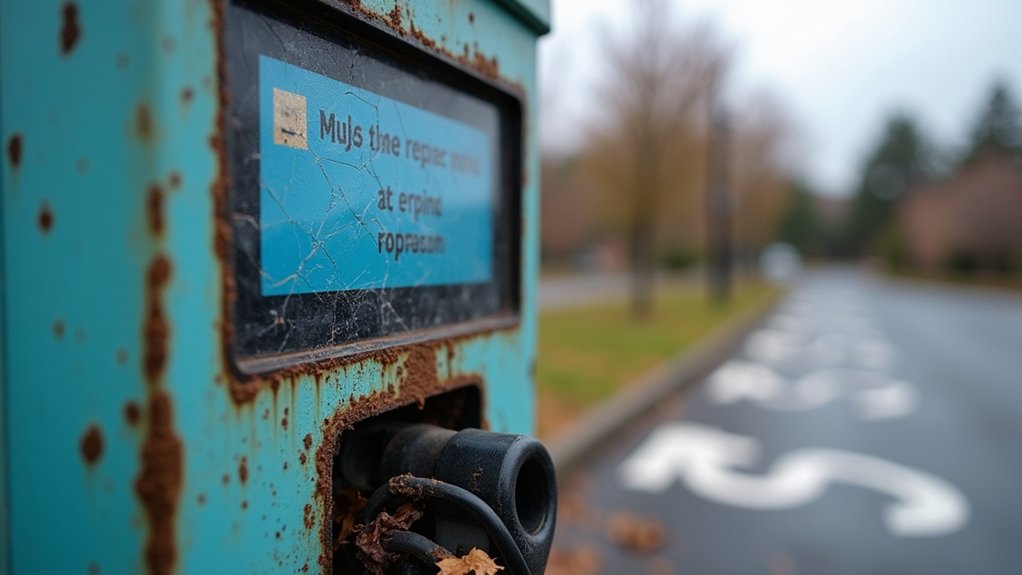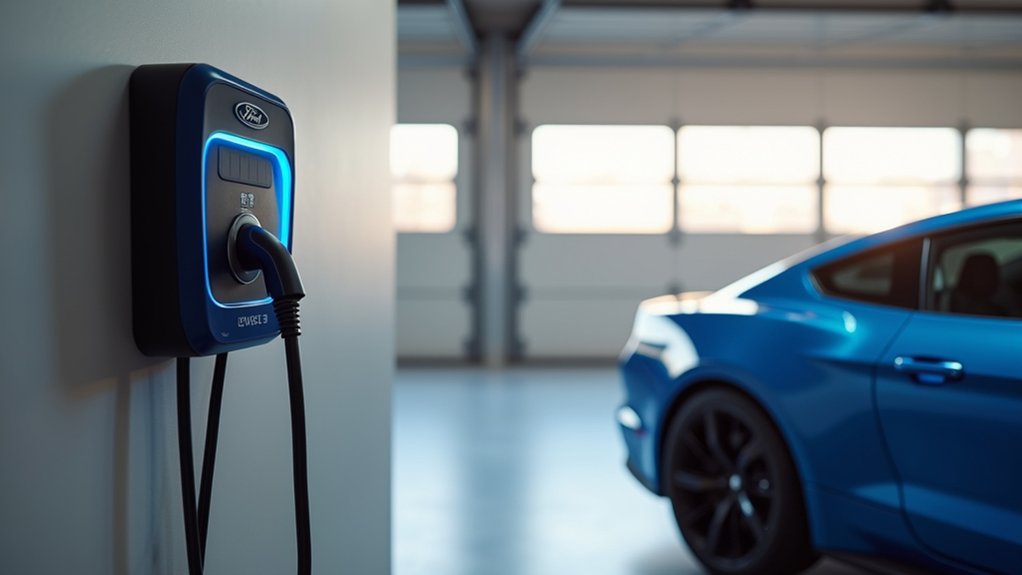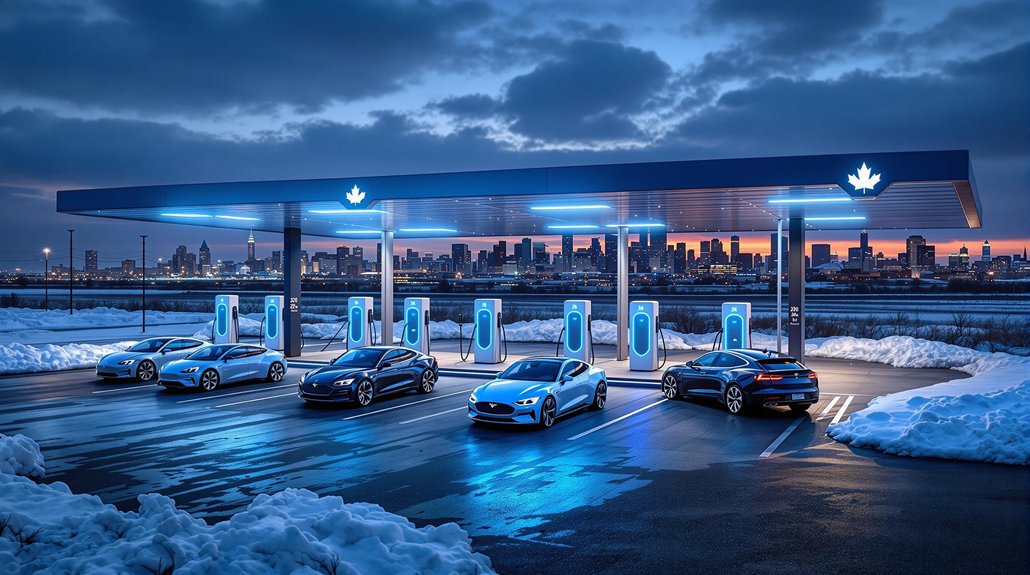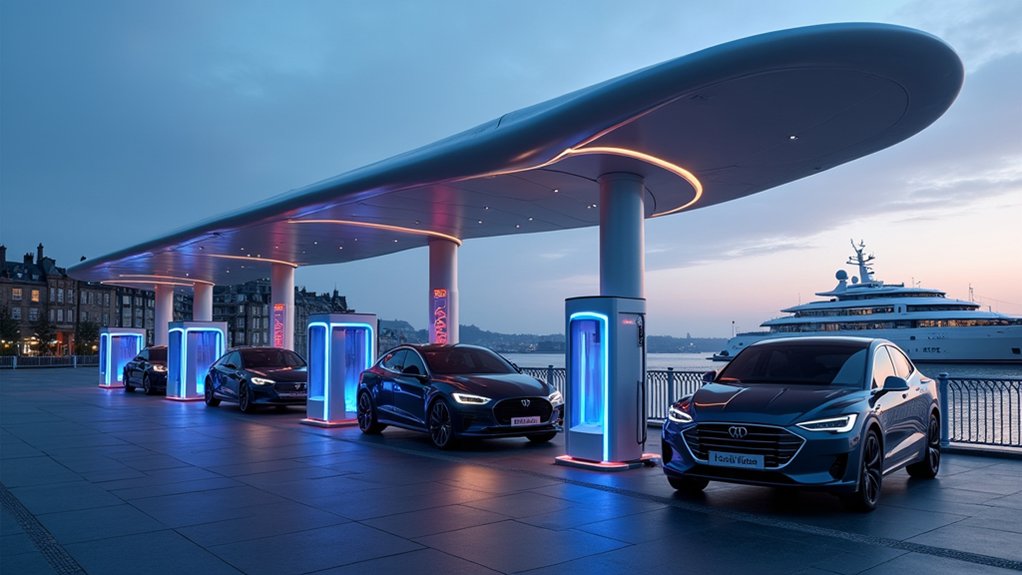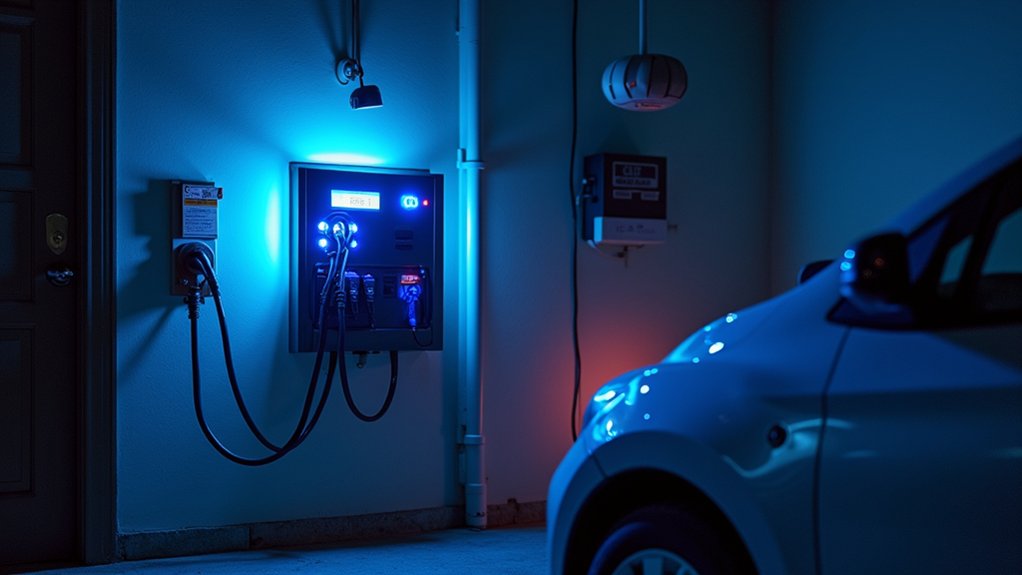While the electric vehicle charging infrastructure continues to expand across the country, persistent maintenance issues threaten to undermine consumer confidence in this essential technology. Recent analysis reveals that hardware failures rank among the most common problems, with faulty charging cables and connectors frequently rendering stations inoperable. The plug locking mechanism, a seemingly simple yet vital component, accounts for an alarming 44.1% of technical faults reported.
Software inaccuracies compound these hardware challenges. Charger management systems routinely overestimate uptime and operational status, creating a disconnect between reported availability and actual functionality. Our investigations found that approximately 10% of chargers listed as online were unable to initiate charging sessions during field tests, highlighting major reliability gaps. Across the industry, broken or unresponsive screens represent 76% of hardware issues that plague public charging stations. This unreliability is consistent with research showing that drivers can only use non-residential charging equipment 78% of the time.
Payment systems represent another vital failure point. Nearly a quarter of problematic charging sessions involve payment processing issues, with over half of these complications occurring after initial authorization appears successful. The complexity of these integrated payment terminals increases vulnerability to technical failures, often forcing drivers to abandon charging attempts mid-session.
Payment processing failures continue to plague EV charging experiences, often trapping drivers mid-transaction with seemingly authorized yet ultimately failed sessions.
Data management deficiencies exacerbate maintenance challenges across council networks. The concept of “true uptime” remains elusive due to flawed collection methodologies and inconsistent reporting standards. Without accurate operational data, maintenance teams struggle to prioritize repairs efficiently, leaving non-functional units unattended for extended periods. Predictive maintenance capabilities could significantly improve reliability and extend the typical 7-10 year equipment lifespan.
Communication failures between vehicles and charging equipment constitute 47.1% of technical failures, creating frustrating experiences for EV owners. The handshake protocols that enable charging often fail due to software incompatibilities or outdated firmware versions.
Inadequate maintenance practices further undermine charging infrastructure reliability. Councils mainly employ reactive maintenance approaches rather than implementing predictive servicing protocols. This approach, coupled with insufficient specialized training for maintenance personnel, creates a perpetual backlog of repairs.
The reliance on user-reported issues rather than automated diagnostics greatly delays fault identification and resolution, leaving EV drivers with an increasingly unpredictable charging network that undermines the very convenience electric mobility promises to deliver.
